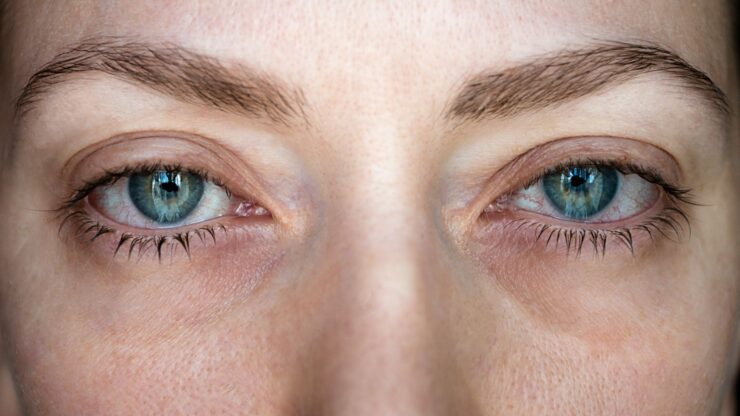Diabetes is a chronic metabolic disease characterized by high levels of glucose in the blood. It occurs when the body does not produce enough insulin or cannot effectively use the insulin it produces. Diabetes is a significant global health concern. As per the World Health Organization (WHO), in 2014, an estimated 422 million adults were living with diabetes, a number that has nearly quadrupled since 1980. This rise in prevalence is largely due to factors such as poor diet, physical inactivity, and an increase in obesity rates, along with population growth and aging.
To have an understanding of how diabetes affects eye health, it is important to look at the risks associated with the disease. In this article, we will discuss the most common risks and how they can be managed to ensure optimal eye health.
Understanding Diabetes-Related Eye Complications
Diabetes can cause many eye problems, including diabetic retinopathy (DR), cataracts, glaucoma, and macular edema.
Diabetic retinopathy is the most common form of diabetic eye disease and is caused by long-term damage to the blood vessels in the retina. People with diabetes are at an increased risk of developing DR, which can lead to vision loss if not treated in the early stages.
Cataracts are another serious complication associated with diabetes. This is when the lens of the eye becomes increasingly cloudy over time, eventually causing vision problems. Cataract extraction is a common eye surgery and can be done in Nocatee or other medical centers to restore vision and improve quality of life.
Glaucoma is an ocular condition characterized by damage to the optic nerve, which can cause permanent vision loss if left untreated. People with diabetes are more likely than those without the disease to develop glaucoma.
Macular edema is when the macula, a part of the eye’s retina, becomes swollen due to fluid leakage. This can distort central vision and can even lead to blindness if not treated promptly and effectively.
Managing Diabetes-Related Eye Complications
The best way to prevent or delay diabetes-related eye complications is to maintain good blood sugar control. This means eating a healthy diet, exercising regularly, getting adequate sleep, and taking medications as prescribed by your doctor.
In addition to proper diabetes management, it is important to have regular eye exams so that any issues can be identified early on. During an exam, the doctor will look for signs of diabetic retinopathy, cataracts, glaucoma, and macular edema.
If any of these conditions are present, the doctor will be able to recommend treatment options such as laser therapy or medication. It is also important to take steps to protect your eyes from further damage. Wearing sunglasses when outdoors and quitting smoking can both help reduce the risk of eye-related complications.
Further Advances in Eye Care for Diabetes Patients
In recent years, there have been significant advances in the field of ophthalmology that are helping to improve the care and treatment of diabetes-related eye complications. For example, telemedicine has allowed doctors to diagnose retinal diseases remotely and provide patients with early detection and timely treatment.
In addition, artificial intelligence (AI) has made it easier for physicians to identify and track eye diseases such as diabetic retinopathy. AI-based systems can quickly analyze digital images of the retina and provide accurate diagnoses, which can lead to faster and more efficient treatment.
Finally, gene therapy is being used to treat certain forms of age-related macular degeneration (AMD). In this form of therapy, genes are used to target specific proteins that are involved in the progression of AMD. This can help slow down or even reverse the symptoms of this condition.
Overall, these advances in eye care for diabetes patients are making a significant impact on the quality and longevity of vision-related conditions. With early detection and proper management, it is possible to reduce the risks associated with diabetes-related eye complications and maintain healthy vision.
So, if you have diabetes or are at risk for developing it, be sure to take the necessary steps to protect your vision and keep your eyes healthy. Always remember to get regular eye exams and follow the advice of your doctor. Taking proactive steps today can help you enjoy a lifetime of good vision in the future.







